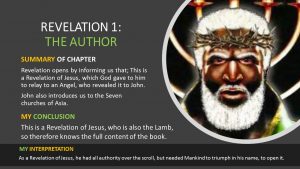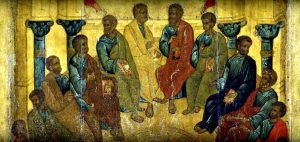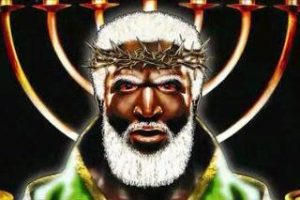The True Origins of the Name of Yahshuah
The name that we use, in the Temple of Yahshuah, is totally African-Centred. Here is a summary of these ancient origins and its importance.
As can be seen from the development of the name Yahshuah over 6000 years, from Ancient Egyptian Hieroglyphics, through Canaanite, Phoenician, Hebrew and later Greek & Latin and then to English, this name has much historical significance. It should be also, evidently clear, why this unique Name Yahshuah, is of particularly significance and is a most Holy & Sacred name, to be used by African or other people, in the 21st Century. Furthermore, from the original three African – Egyptian – Hieroglyphic symbols, the Hand, Water & Ox, we find much symbolic meaning that gives us a special connection to the Name and who it describes, the Hand of God, his Salvation, the Water as His Spirit & the Ox or Lamb of God, Sacrificed, to Redeem, humankind.
In the Act’s of The Apostles; 4:12, we are told that;
“Neither is there salvation in any other: for there is none other name under heaven given among men, whereby we must be saved.”
But What is this Name and its Origin?
YAH
SHU
AH
The Hebrew word Ah (ayin), also has its origin in the Egyptian language and hieroglyphic symbols, via the Phoenician alphabet.
We are also Promised by Yahshuah at John 14:13-14 that;
” Whatever you ask in my name, this I will do, that the Father may be glorified in the Son. If you ask me anything in my name, I will do it”.
An African Name to Call Upon The Son of God
YAHSHUAH
KARAST
Yahshuah Karast Mesu
“But as many as received him, to them gave he power to become sons of God, even to them that believe on his name: Which were born, not of the flesh, or of the will of man, but of God”
Found in the Book of Saint John 1:12-13
However, when we call upon the full name and title of the Incarnate Word of God and Only Begotten Son, we call upon;





